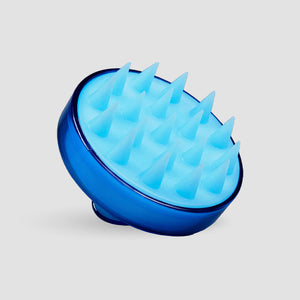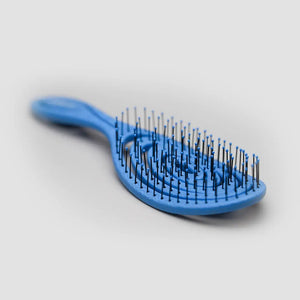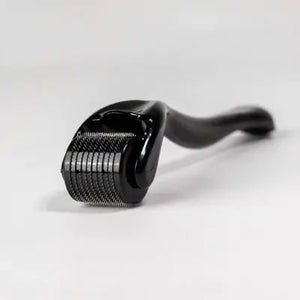
Does scalp fungus cause hair loss?
Table of contents
- Can scalp fungus cause hair loss?
- Trigger of the infection
- What symptoms occur during an infestation?
- The disease can cause hair loss
- What species can cause the failure?
- Why is treating scalp fungus so important?
- What treatment options are available?
- A hair transplant is the optimal solution
Can scalp fungus cause hair loss?
 Scalp fungus is an infectious skin disease that very commonly affects children. However, anyone, regardless of age or gender, can be affected. These filamentous fungi's main food source is carbohydrates and keratin. The enzyme keratinase allows them to break down keratin, an important component of hair. Since the disease can continue to spread, you should consult a doctor immediately and begin treatment. If your scalp remains untreated for a long period of time, the scalp fungus can cause hair loss, resulting in numerous bald patches. Furthermore, the disease is contagious, meaning the fungus can be transmitted to other people.
Scalp fungus is an infectious skin disease that very commonly affects children. However, anyone, regardless of age or gender, can be affected. These filamentous fungi's main food source is carbohydrates and keratin. The enzyme keratinase allows them to break down keratin, an important component of hair. Since the disease can continue to spread, you should consult a doctor immediately and begin treatment. If your scalp remains untreated for a long period of time, the scalp fungus can cause hair loss, resulting in numerous bald patches. Furthermore, the disease is contagious, meaning the fungus can be transmitted to other people.Trigger of the infection
The disease can be triggered by various factors. Children are particularly frequently affected because they often have close contact with pets, especially dogs and cats, which can transmit the fungus. If the infection has been transmitted this way, it is important to treat it as quickly as possible. Otherwise, the disease can recur after a short time. However, the infection can also be transmitted and spread by sharing a comb, towel, or hat. The fungus can also spread easily if the hair is wet or damp for an extended period, as this provides the ideal breeding ground for the fungus. Incorrect hair care products and very oily hair are additional risk factors. A scalp injury that hasn't been cared for for an extended period can also trigger fungal infections.What symptoms occur during an infestation?
An infection manifests itself as red and scaly patches that can appear all over the scalp. In these areas, the hair may be partially bent. Furthermore, when infected with a fungus, the scalp is extremely irritated, sensitive, and often intensely itchy. Another symptom that can occur due to the infection is swollen lymph nodes in the neck and throat. In severe cases, the patches on the scalp become inflamed and can develop into fluid-filled bumps called kerions.The disease can cause hair loss
 In addition to the symptoms mentioned above, fungal scalp infections can also cause hair loss. The risk is particularly high if the fungal infection is not treated promptly. With scalp fungus, hair regrows if professional treatment is undertaken. Once the infection is treated, the problem usually heals on its own. However, it usually takes a very long time for the hair to return to its former glory. In the worst case, the hair roots in the affected areas die, meaning new growth can never occur there. The affected areas remain permanently bald. The fact that scalp fungus can cause hair loss is an additional burden for many sufferers.
In addition to the symptoms mentioned above, fungal scalp infections can also cause hair loss. The risk is particularly high if the fungal infection is not treated promptly. With scalp fungus, hair regrows if professional treatment is undertaken. Once the infection is treated, the problem usually heals on its own. However, it usually takes a very long time for the hair to return to its former glory. In the worst case, the hair roots in the affected areas die, meaning new growth can never occur there. The affected areas remain permanently bald. The fact that scalp fungus can cause hair loss is an additional burden for many sufferers. What species can cause the failure?
There are three types of fungi that can cause your hair loss. These include:- Dermatophytes (filamentous fungi)
- Malassezia (smut fungi)
- Fungi that cause trichosporia (Piedra)




















